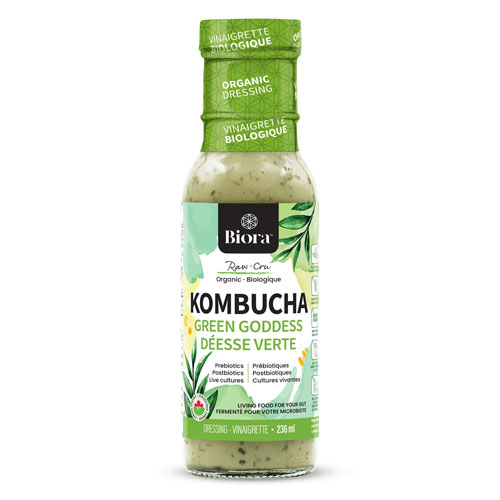The microbiota revolution
The microbiota is a dynamic but fragile ecosystem. So, taking care of it is vital. What's more, the world market for probiotics and prebiotics is growing fast. Discover how the intestinal microbiota affects our health and well-being.
What is the intestinal microbiota?
The intestinal microbiota, also known as the intestinal flora, refers to the 10,000 billion species of micro-organisms present in the human intestine, mainly bacteria, viruses and fungi. These micro-organisms play a crucial role in many aspects of intestinal health, including digestion, the synthesis of certain vitamins, the development of the immune system and protection against infection.
Boosting intestinal health with pre-, pro- and post-biotics
Probiotics are live bacteria and yeasts found naturally in fermented foods like kefir, yoghurt, sauerkraut and Roquefort cheese. These micro-organisms enrich the microbiota with beneficial bacteria when administered in adequate quantities. Prebiotics are a source of nutrients for the bacteria in the intestinal microbiota (probiotics) that the body is unable to digest. They are naturally present in the form of fiber. Post-biotics are inactive compounds produced by living micro-organisms in the microbiota. The synergy between these three micro-organisms promotes a diverse and balanced intestinal microbiota.
Products beneficial to microbial balance include fermented dairy products (active bifidus), fermented beverages (kefir, kombucha) and fermented fiber foods (kimchi). Many new foods are appearing on the world market.
The environment can have an impact on microbial balance. Stress or a lack of sleep can unbalance the microbiota, whereas regular exercise or a good night's sleep can promote microbial balance.
Who should take microbiotic products?
Cures of probiotics are recommended as a preventive measure when taking antibiotics, as these drugs kill off all bacteria, including the beneficial ones. Probiotics and prebiotics are recommended in the event of digestive problems (diarrhea, constipation, bloating, stomach upsets). For people with weakened immune systems, probiotics prevent the proliferation of pathogenic germs and therefore boost their immune system. People suffering from metabolic diseases (obesity and diabetes) have a microbiota low in microbial species. An intake of biotics improves blood sugar levels and inflammation.
ORGANIC DRESSING WITH KOMBUCHA CULTURES/ BIORA FOODS/CANADA


